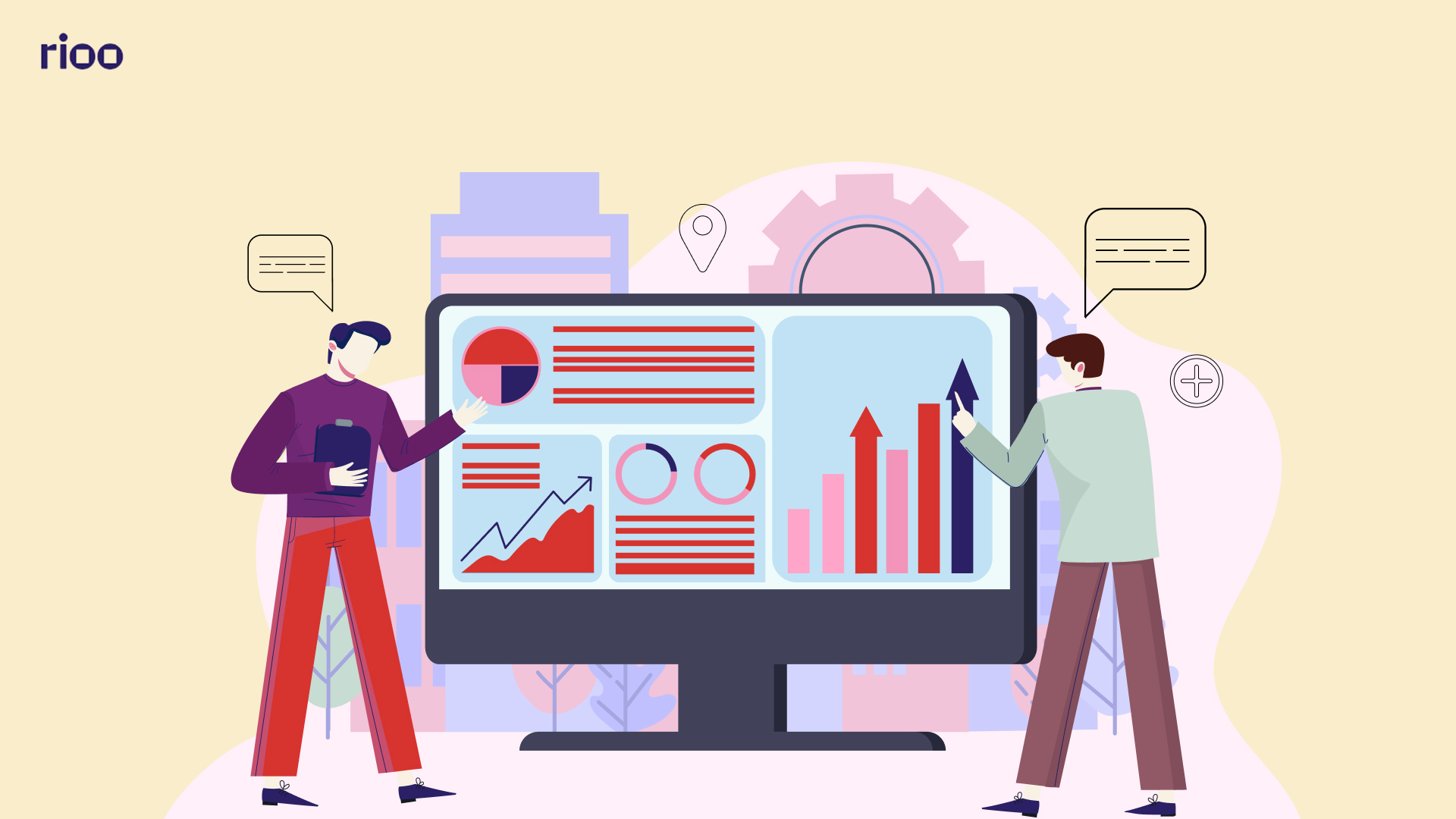Managing rental properties isn’t just about collecting rent—it’s about maintaining accurate financial records, ensuring timely payments, handling tax compliance, and keeping everything organized. Without the right system in place, property owners and managers can find themselves lost in spreadsheets, drowning in paperwork, and struggling to keep up with financial reporting.
Enter property management accounting software—a game-changer in the way rental property finances are managed. By automating accounting tasks, reducing errors, and offering real-time financial insights, these platforms are essential for anyone looking to streamline operations and improve profitability.
Bridging the Gap Between Property Management and Accounting
For years, landlords and property managers relied on outdated methods—manual bookkeeping, stacks of invoices, and separate accounting tools that didn’t integrate with their property management workflows. This approach led to inefficiencies, missed payments, and financial blind spots.
Modern property management software eliminates these issues by bringing all financial operations under one roof. Instead of using separate tools for rent collection, expense tracking, and tax preparation, property managers can access everything in a single platform. This consolidation improves efficiency, minimizes errors, and provides a complete financial overview of each property or portfolio.
By centralizing data, property managers no longer have to reconcile figures across different systems or manually enter transactions. Instead, automated processes ensure that all financial records are updated in real-time, leading to more accurate reporting and a significant reduction in administrative workload.

Key Ways Property Management Platforms Improve Accounting Efficiency
1. Automated Rent Collection and Expense Management
One of the biggest challenges property managers face is ensuring that rent payments are made on time while keeping track of property-related expenses. Late payments, missed invoices, and manual tracking can create financial uncertainty and make it difficult to forecast cash flow.
Property management accounting software solves this issue by automating rent collection. Tenants can make payments through online portals using bank transfers, credit cards, or digital wallets. The software sends automated reminders for upcoming due dates and can apply late fees if necessary, reducing the need for manual follow-ups.
On the expense side, the system categorizes costs such as maintenance, utilities, and repairs. Property managers can upload receipts, log expenses instantly, and track overall spending. By having a digital record of every financial transaction, landlords can better manage their budgets and ensure profitability.
2. Real-Time Financial Insights for Smarter Decisions
Traditional accounting methods often leave property managers in the dark until financial reports are compiled at the end of the month or year. This lack of real-time insight can lead to delayed decision-making, missed opportunities, and financial mismanagement.
With rental property accounting, property owners have access to real-time financial dashboards that display key metrics like rent collected, outstanding payments, cash flow, and expenses. These dashboards provide instant visibility into the financial health of properties, helping landlords identify trends and make proactive decisions.
For example, if a property manager notices an increasing trend in maintenance costs, they can take immediate steps to address potential issues before they become costly repairs. This level of financial transparency helps property owners stay in control and make informed business decisions.
3. Simplified Tax Compliance and Reporting
Tax preparation is one of the most tedious aspects of managing rental properties. Mismanaged records, missing receipts, and disorganized financial data can lead to errors, missed deductions, and potential audits.
Property management accounting software automates tax-related processes by tracking all transactions throughout the year. Instead of scrambling to gather paperwork during tax season, landlords can generate tax-ready reports with just a few clicks.
Many platforms also offer features like automated tax calculations, expense categorization, and compliance tracking to ensure property managers are aligned with local tax regulations. Some software even provides alerts when tax laws change, ensuring that property managers remain compliant and avoid potential penalties. By keeping tax records accurate and up-to-date, landlords can maximize deductions, reduce tax liability, and avoid unnecessary stress.
4. Seamless Bank Integrations for Transaction Accuracy
Manually reconciling bank statements with rental income and expenses is a time-consuming process that leaves room for human error. A missing transaction, duplicate entry, or incorrect balance can throw off financial reports and lead to serious accounting discrepancies.
With real estate accounting tools, property management platforms integrate directly with bank accounts, allowing for automatic transaction syncing. This ensures that all financial data remains accurate and up-to-date without requiring manual entry.
Bank integrations also help with:
-
Automated Reconciliation – Transactions are automatically matched with recorded payments and expenses, minimizing discrepancies.
-
Secure Financial Transactions – Encrypted connections ensure that sensitive banking data is protected.
-
Fraud Prevention – Real-time monitoring helps detect unusual transactions, preventing financial fraud.
By eliminating manual reconciliation, property managers can save hours of administrative work and maintain precise financial records.
5. Tenant and Vendor Ledger Management for Transparency
Property management platforms provide detailed tenant ledgers, allowing landlords to track rent payments, security deposits, outstanding balances, and late fees. This eliminates confusion, ensures accurate record-keeping, and helps property managers maintain transparency with tenants.
For example, if a tenant disputes a payment, the system provides a clear history of all transactions, preventing disputes and maintaining trust. Tenants can also access their payment history through online portals, reducing the number of inquiries property managers have to handle.
Similarly, vendor management features help track payments to maintenance contractors, service providers, and suppliers. By logging invoices and payment histories, property managers can avoid duplicate payments, missed due dates, and disputes over service charges.
6. Budgeting and Forecasting for Long-Term Growth
Effective financial planning goes beyond tracking past transactions—it requires forecasting future income and expenses to ensure sustainable growth. Property management accounting software includes budgeting and forecasting tools that allow property managers to compare actual earnings with expected revenue.
These tools help in:
-
Planning for Maintenance Costs – Estimating future repair expenses to avoid sudden financial strain.
-
Setting Rent Pricing Strategies – Analyzing rental income trends to determine optimal rent adjustments.
-
Investment Decision-Making – Identifying opportunities to expand a property portfolio based on financial projections.
By having a clear financial roadmap, property managers can make strategic decisions that enhance profitability and reduce financial risks.
The Bottom Line
Property management platforms have revolutionized the way landlords and property managers handle accounting. From automating rent collection and expense tracking to simplifying tax reporting and providing real-time financial insights, these tools ensure that financial operations run smoothly.
Without property management accounting software, property managers risk inefficiencies, human errors, and financial mismanagement. By adopting modern accounting tools, landlords can streamline their operations, enhance financial accuracy, and focus on growing their real estate portfolios.
In an industry where precision and efficiency matter, using the right property management platform isn’t just a convenience—it’s a necessity.
















